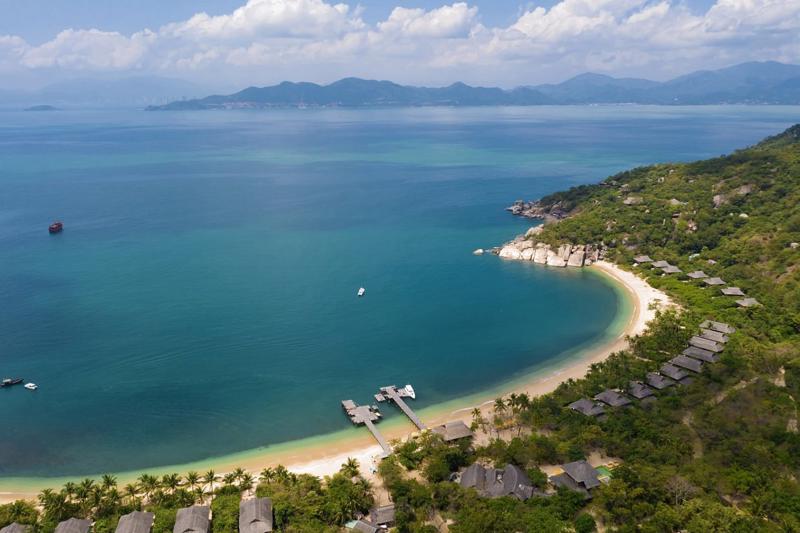Vietnam's resort real estate market continues to attract international investors, but persistent regulatory and procedural hurdles remain an obstacle. As a result, investors increasingly seek existing, operational assets, particularly high-quality hotels and resorts in central urban hubs like Hanoi and Ho Chi Minh City.
However, as Mauro Gasparotti, Director of Savills Hotels, notes, such assets are scarce.
Despite these challenges, international hotel brands have steadily expanded their presence in Vietnam, increasing from under 50 branded hotels in 2013 to nearly 200 today. Hanoi's market alone will see seven new international projects in 2024, adding 1,177 rooms. Hilton and Fusion are the most notable new entrants, according to a recent Savills report.
Signs of Market Recovery
Savills reports that major cities like Hanoi and Ho Chi Minh City are recovering faster than beach destinations, with metrics approaching pre-pandemic levels. This recovery is largely fueled by a resurgence in tourism. In the first quarter of 2024, Ho Chi Minh City welcomed nearly 1.4 million international visitors, a 32.4% increase from 2023.
Market resilience varies regionally. Da Nang benefits from a strong rebound in South Korean travelers, while Nha Trang and Cam Ranh continue to struggle due to a historical reliance on the Chinese market.
Expert Outlook
According to Mr. Gasparotti, international demand offers potentially higher revenue per visitor but is susceptible to global economic conditions. Alternatively, domestic tourism provides a steadier flow of visitors but may offer lower revenue per person.
"This year is anticipated to be the year of tourism in Southeast Asia, with a strengthening return of Chinese tourists," says Mr. Gasparotti. "In addition to this, the Indian market is expected to become a main driving force for tourism in the next few years, and Vietnam will have a strong chance to capture that market as well."
Recommendations for Market Growth
Looking ahead, Mr. Gasparotti emphasizes that experiences aligned with traveler values—sustainability, wellness, and authenticity—will be key differentiators. Projects that embody these principles will gain a distinct competitive advantage.
Phu Quoc, for example, could become a leading international destination but currently lacks a focus on diverse and exceptional customer experiences.
Mr. Gasparotti elaborates that both independent and branded hotel strategies have merit. Independent operations offer autonomy, while strategic partnerships with hotel operators can provide valuable expertise, reputation, and access to marketing/distribution networks. However, developers must balance the higher standards (and costs) often associated with brands against the potential benefits.
Improved infrastructure, diverse tourism products, focus on tourist experience, and enhanced MICE (meetings, incentives, conventions, and exhibitions) capabilities are essential for Vietnam's continued tourism growth. Streamlining visa policies remains a positive step towards attracting international visitors.
Finally, Vietnam has significant potential to develop luxury tourism offerings. Carefully planned and executed luxury projects in partnership with international operators could boost Vietnam's reputation as a global destination.
"Although Vietnam has undeniable potential to be one of the global destinations, important improvements are needed," concludes Mr. Gasparotti. "Hopefully, the country can work on these to boost recovery."









 Google translate
Google translate